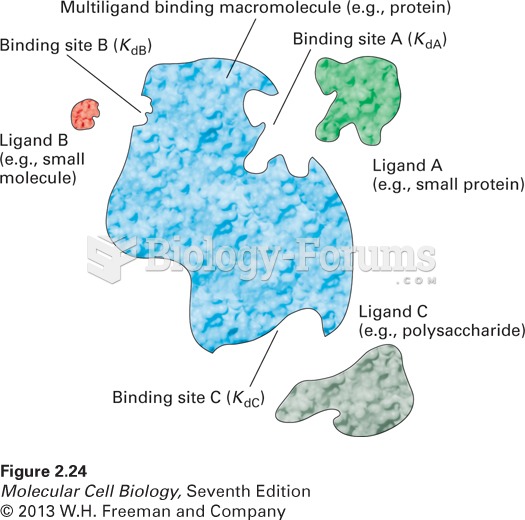Answer to Question 1
Correct Answer: 4
Rationale 1: This drug actually might cause anorexia rather than improve appetite.
Rationale 2: Provigil does not affect pain or anxiety (GABA) receptors, and it is not an anti-inflammatory agent.
Rationale 3: Provigil does not affect pain or anxiety (GABA) receptors, and it is not an anti-inflammatory agent.
Rationale 4: Modafinil is an alpha-1 adrenergic agent that is thought to activate receptors that respond to the neurotransmitter norepinephrine in the brain. This results in increased alertness and energy.
Global Rationale: Modafinil is an alpha-1 adrenergic agent that is thought to activate receptors that respond to the neurotransmitter norepinephrine in the brain. This results in increased alertness and energy. This drug actually might cause anorexia rather than improve appetite. Provigil does not affect pain or anxiety (GABA) receptors, and it is not an anti-inflammatory agent. Provigil does not affect pain or anxiety (GABA) receptors, and it is not an anti-inflammatory agent.
Answer to Question 2
Correct Answer: 4
Rationale 1: To alleviate the depression associated with your illness is incorrect because while depression can be associated with the disease, it is not the focus of pharmacotherapy for this illness.
Rationale 2: To prevent progressive memory loss and confusion is incorrect because progressive memory loss and confusion are associated with Alzheimer's, not Parkinson's, disease.
Rationale 3: To hopefully cure your illness is incorrect because pharmacotherapy will not cure Parkinson's disease.
Rationale 4: The goal of pharmacotherapy for Parkinson's disease is to increase the ability of the client to perform normal daily activities such as eating, walking, dressing, and bathing.
Global Rationale: The goal of pharmacotherapy for Parkinson's disease is to increase the ability of the client to perform normal daily activities such as eating, walking, dressing, and bathing. To alleviate the depression associated with your illness is incorrect because while depression can be associated with the disease, it is not the focus of pharmacotherapy for this illness. To prevent progressive memory loss and confusion is incorrect because progressive memory loss and confusion are associated with Alzheimer's, not Parkinson's, disease. To hopefully cure your illness is incorrect because pharmacotherapy will not cure Parkinson's disease.







